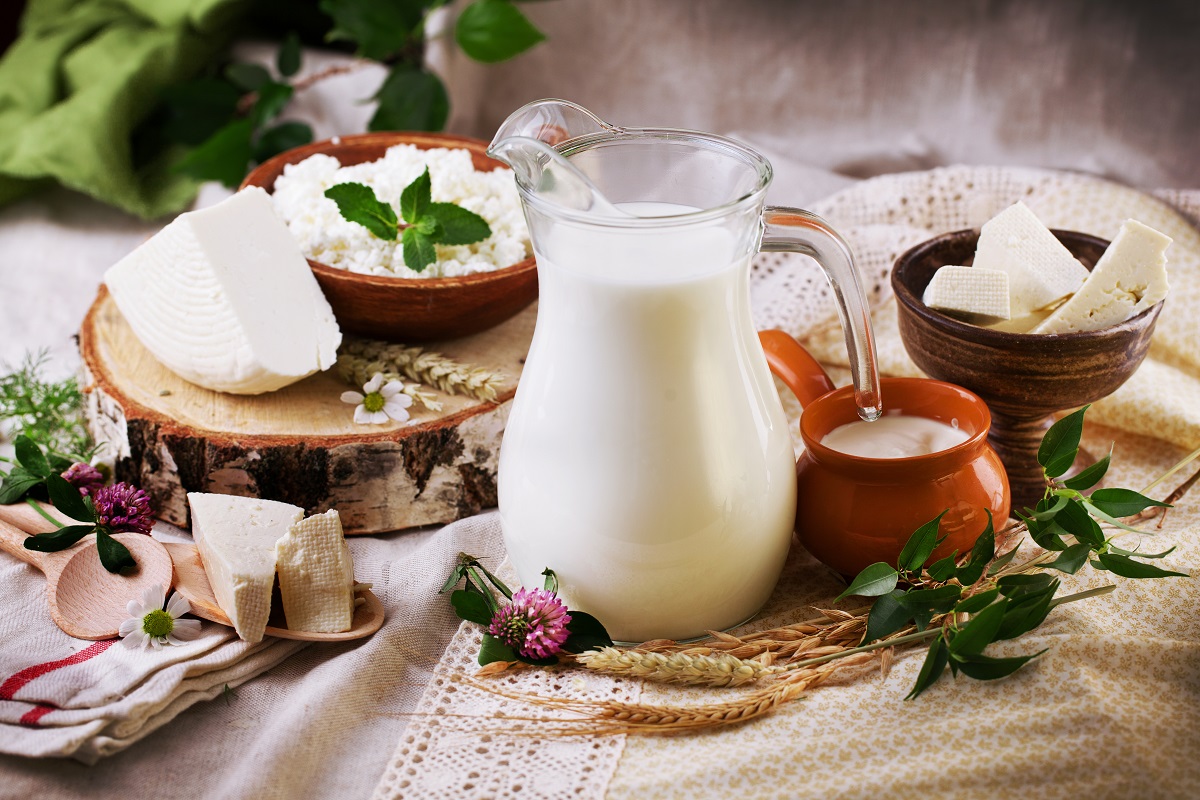If there’s one thing Australians love more than coffee, it’s cheese. From pasta dishes to the humble cheese and bacon roll, this flavorful product is a staple in every household. In fact, over 36% of milk in the country is utilised for cheese, according to the latest industry report by Dairy Australia. The paper also said that cheese is the most produced commodity in the country, with over 377,727 tonnes processed every year. This is followed by milk powders (273,425 tonnes) and butter (92,698 tonnes).
With this much product being produced annually, it’s tempting to get in on the action. Even a banker who built a successful career in finance for over 20 years gave up the suit to make artisan cheese. He’s having the time of his life, too. Apart from working his dream job every weekday, his company now produces over 300 kilograms of product every week and earns over $250,000 AUD a year. Find out how you can roll towards a successful cheese business, too.
Learn All About the Art and Science of Cheese
It’s not enough that you know all about the basics of cheesemaking through documentaries and instructional videos on YouTube. Before you hang your suit up for an apron permanently, try on an apprentice’s uniform first. Technical and Further Education (TAFE) South Australia, in collaboration with the Artisan Cheese Making Academy Australia, offers a certificate III program in food processing for artisan cheese. They also provide a cheesemaking 101 short course. For aspiring cheese experts in Victoria, the Victoria West Community Association offers cheese making workshops for about $65 per session.
Get Licensed

Once you’ve honed your skills and saved enough to start your business, you need to get a dairy license from Dairy Food Safety Victoria first. The agency suggests using Standard 3.2.3. of the Australia New Zealand Food Standards Code as a guide for your equipment purchases like water filtration systems and the kind of place you should lease for your business. Dairy Food Safety Victoria also has a checklist of requirements you need before applying, which includes a written food safety program, other agencies you should be registered with, and the amount of training you need to be considered competent.
Market Your Products Online
Once you’ve followed the food safety standards for your location and equipment, it’s time to market your products online. Since you’re selling an artisanal product, it’s best to hire a professional food photographer to take flattering images of your cheeses. Apart from this, your product descriptions on your website and social media should be more than just ingredient ratios and other technical terms. You should entice your customers by describing the distinct tastes of each cheese and which food and drinks to pair them with.
Australia’s cheese industry is a fruitful one. If you want to be a part of its success, passion alone won’t cut it. The government’s regulations are strict when it comes to dairy products. As such, you should get proper training from schools and established cheesemakers. Learn as much as you can, from basic recipes to how to use advanced equipment. Couple your skill with great photos and descriptions of your products to post on your website and social media, and you’ll have loyal patrons lining up in no time.





